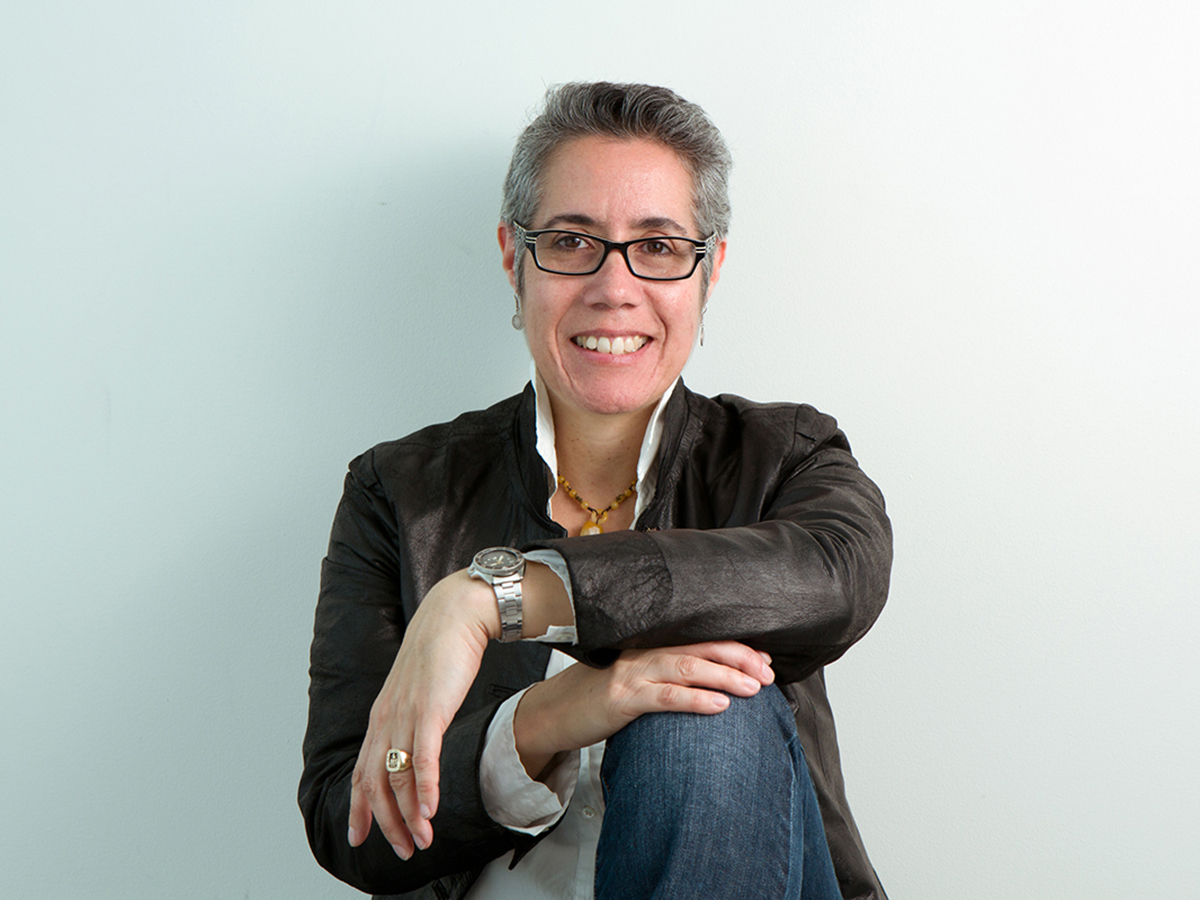
Emerson was once again included in Variety’s annual Entertainment Impact Report: Top 50 Film Schools and Instructors From Around the World, which published this month.
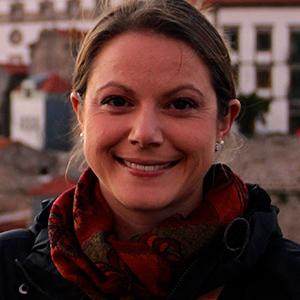
Marketing Communication assistant professor and cultural anthropologist Carol Ferrara writes for the academic news site The Conversation about the controversy regarding the construction and funding of what will be the largest European mosque in Strasbourg, France.

Performing Arts associate professor Magda Romanska’s short online show, “The Life and Times of Stephen Hawking,” was recently shown at the Reverb Festival at Roundabout Theatre, which is a virtual festival presenting 24 theater pieces, all created by artists with disabilities.
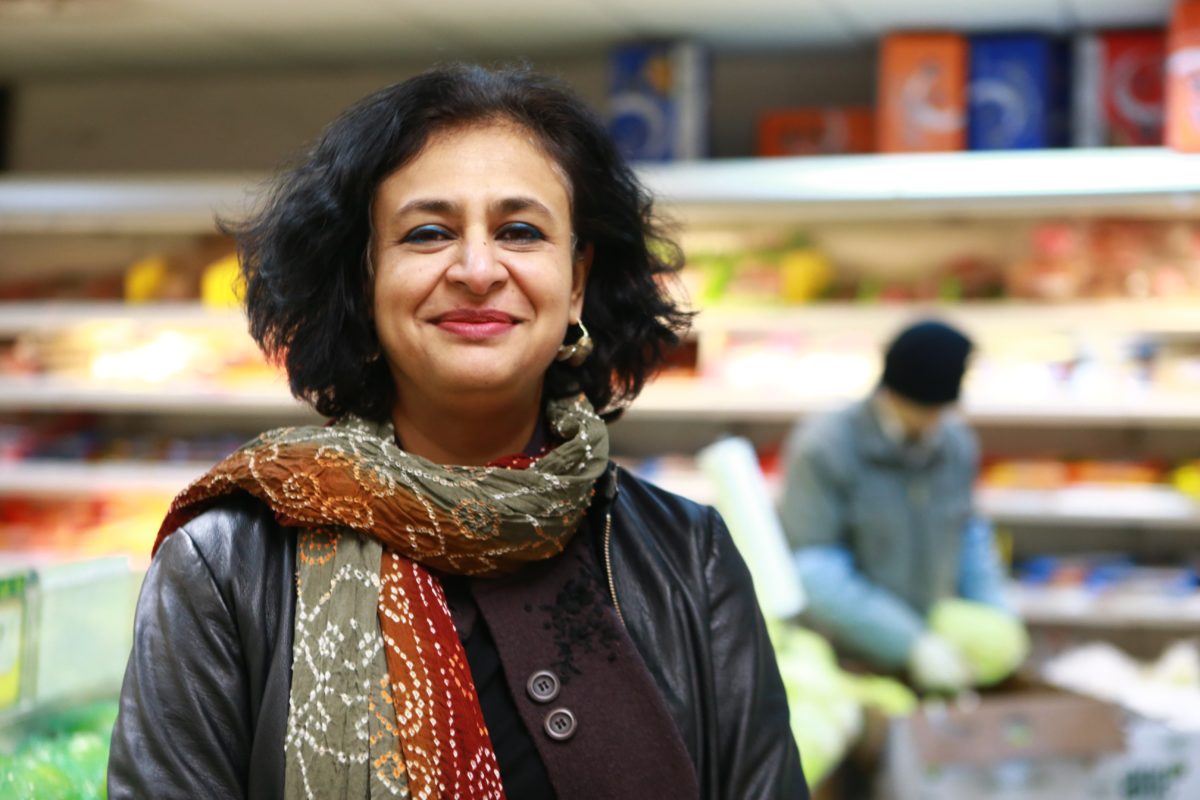
Marlboro Institute professor, sociologist, and anthropologist Tulasi Srinivas writes about the Hindu pilgrimage Kumbh Mela, which happens every 12 years in India, though this year amid a COVID-19 surge.
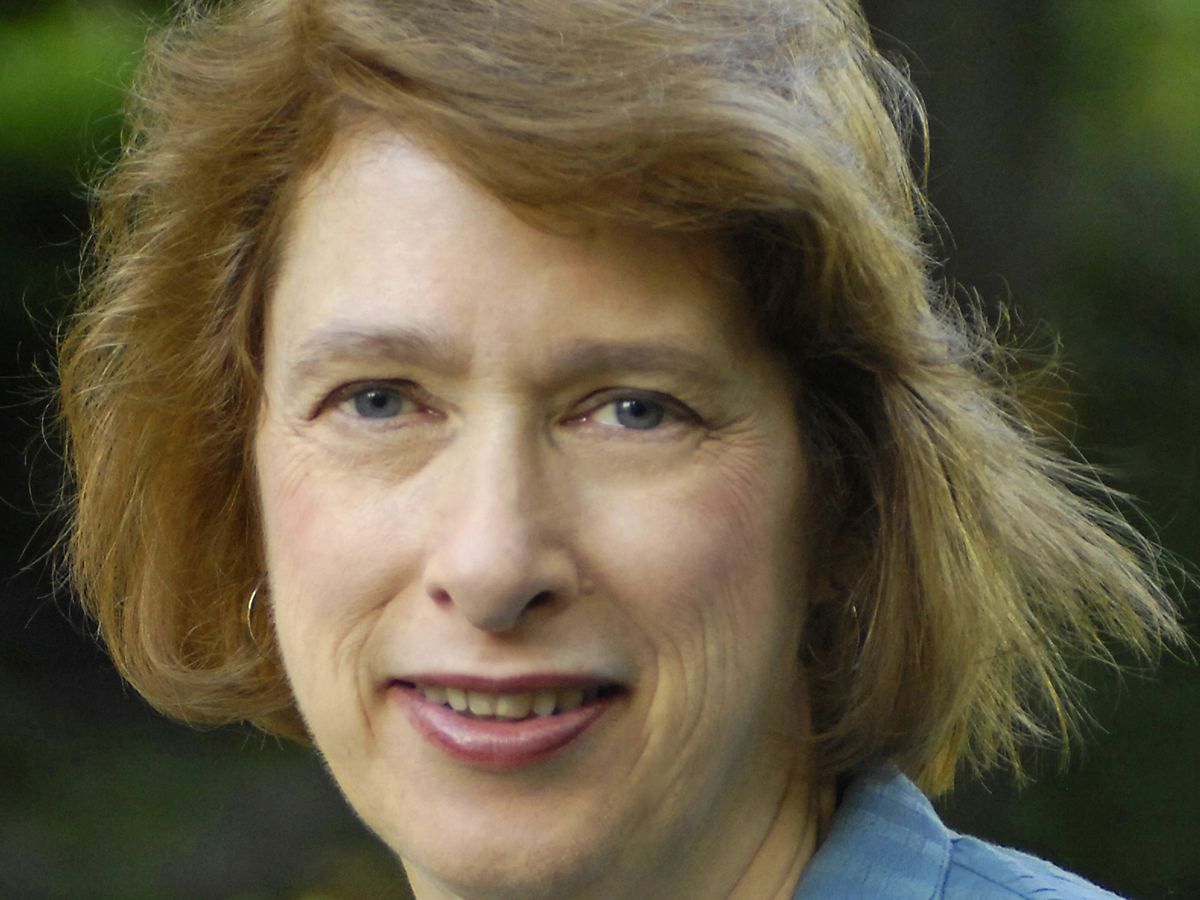
Writing, Literature and Publishing Professor Megan Marshall talked to the Washington Post about 19th-century journalist and feminist Margaret Fuller’s literary group for a story on the power of women’s book clubs.
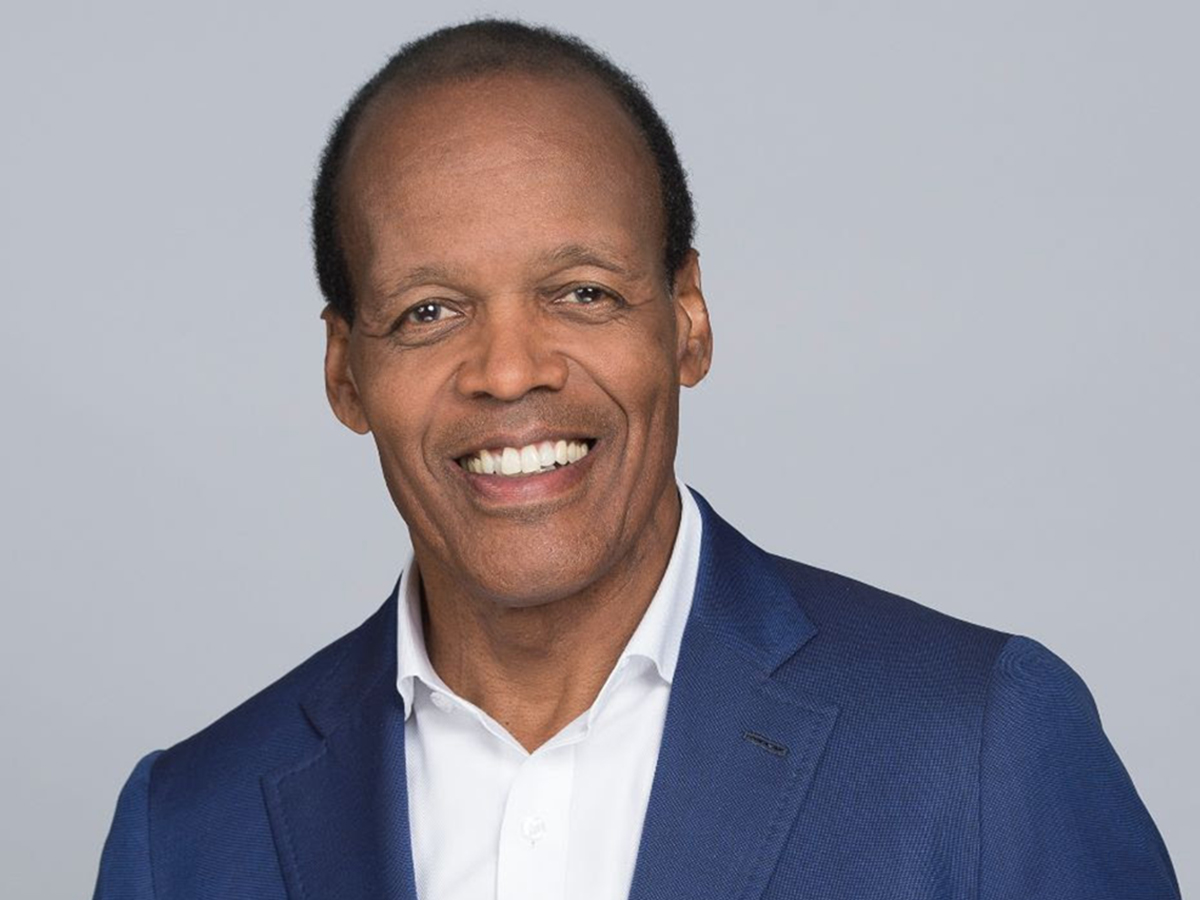
President Lee Pelton and Berklee President Roger Brown, both leaving their posts in higher education this spring, joined hosts Jim Braude and Margery Eagan this week to discuss enduring the pandemic this past year at their respective schools, lessons learned, and next steps in their careers and lives.
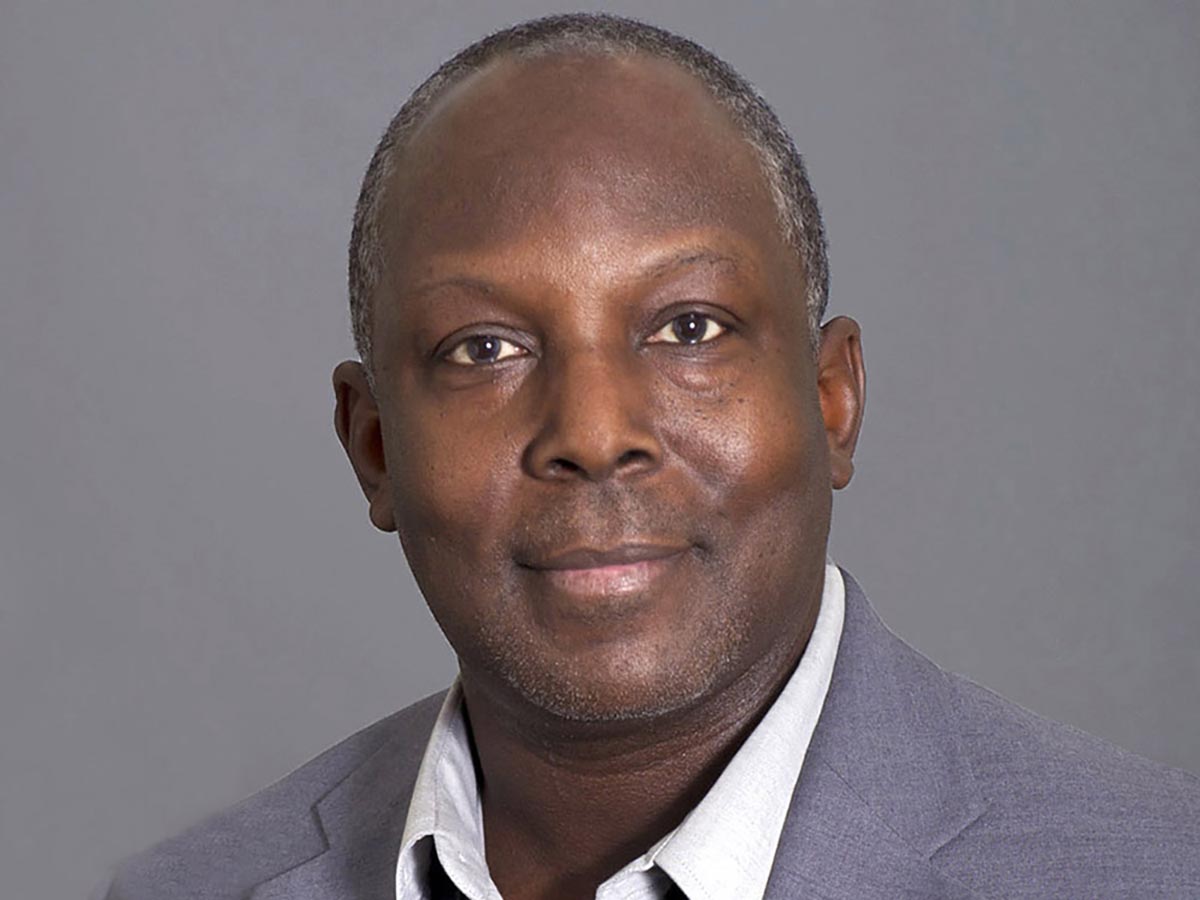
The new law in Georgia seeking to undermine Black voting rights is a call to action for African Americans and the Democratic Party.
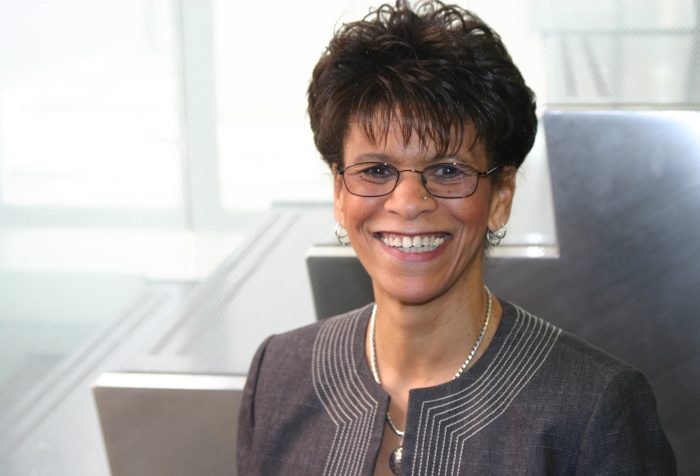
Vice President for Equity & Social Justice Sylvia Spears was named one of the 50 Most Influential People of Color in Higher Education by Get Konnected!, an inclusive, cross-cultural professional organization.
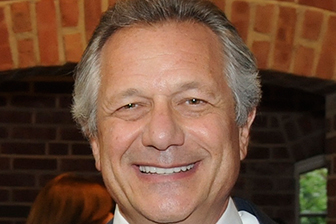
Trustee and alum Kevin Bright ’76 co-directed the new documentary, “Never Too Late: The Doc Severinsen Story,” which debuts this Friday on PBS’s “American Masters” program.
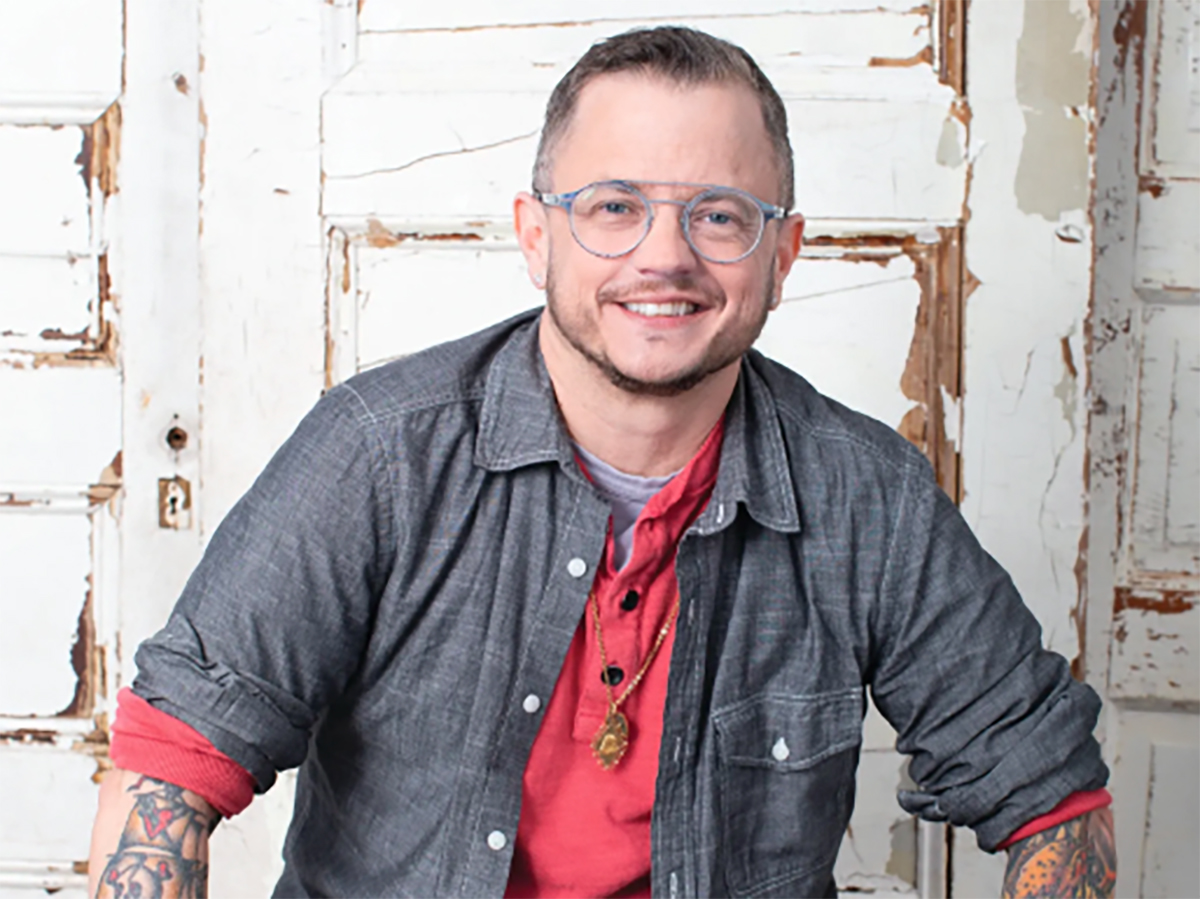
Performing Arts Senior Distinguished Artist-in-Residence P. Carl’s memoir, Becoming a Man: The Story of a Transition, was referenced as an inspiration to actor Elliot Page, who gave his first interview to Time since announcing he is transgender.









